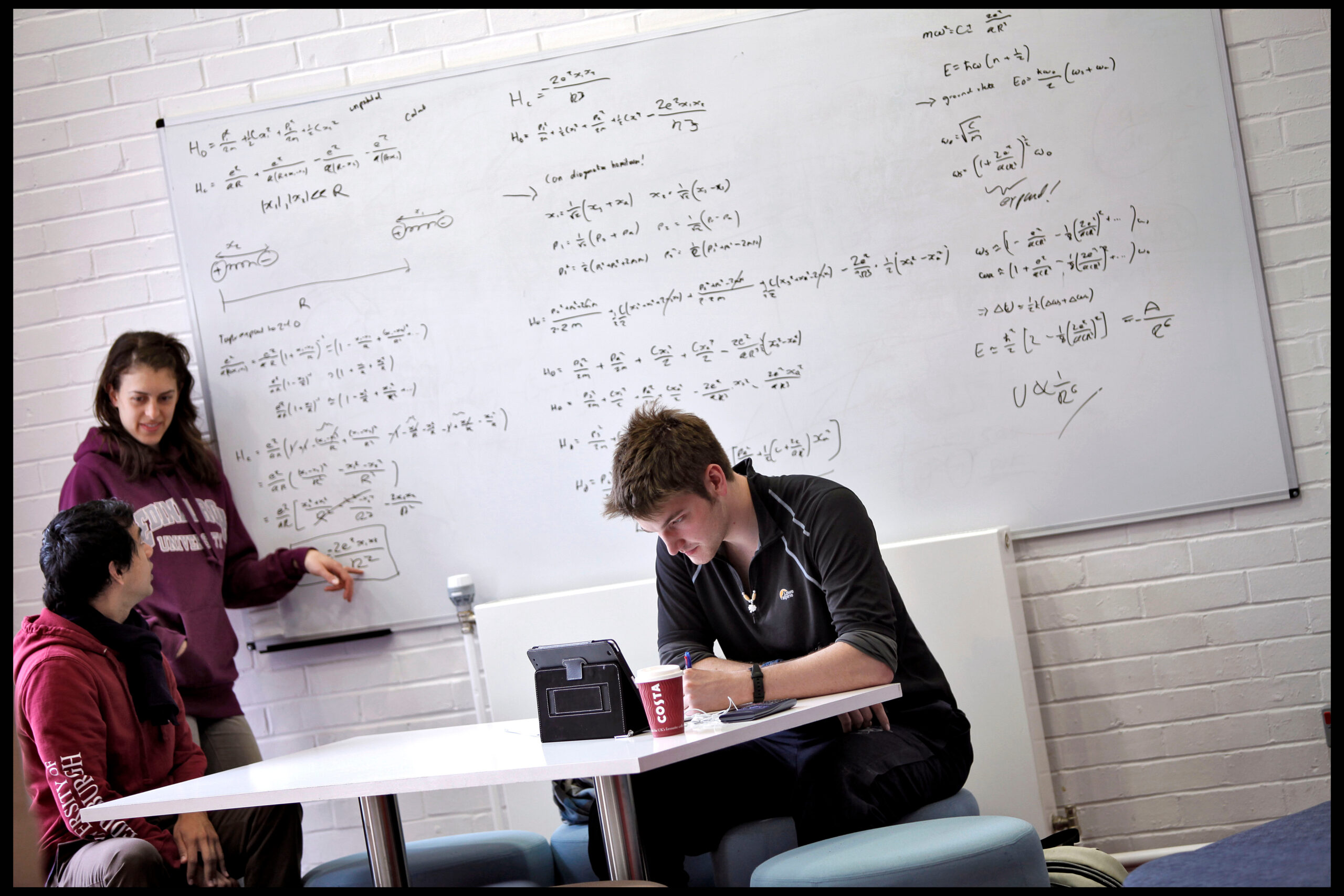
As academics, we all know the feeling when we’re asked to take on something else that will compete for our time. We also know how easy it is for things to fall towards, or even off, the bottom of our to-do lists. So, why did I choose to take part in the Edinburgh Teaching Award (EdTA), and was it worth it? (Spoiler: Yes.)
Before we start with the whys and wherefores, I should probably explain what the EdTA is (or you could look for yourself). In short, it’s a route by which you can achieve recognition for your commitment to high-quality teaching with a lot of support from the Institute for Academic Development. There are four levels, aimed at various levels of experience, ranging from PhD students doing their first teaching, up to senior academics with strategic leadership responsibilities. They allow you to achieve the corresponding fellowship of the Higher Education Academy (HEA); I took part in Level 2, which led to a Fellowship of the HEA.
So, what is actually involved? Well, the good news is that it’s a very flexible scheme. You need to accrue 40 points over a range of criteria, such as designing and planning learning activities, assessment and feedback and continuing professional development (CPD). These points are available for a range of activities, such as taking courses, writing a short account of your involvement in an event, or being nominated for a EUSA teaching award. Assessment is through a reflective (private) blog and/or an oral presentation.
Now the info dump is out of the way, why should you actually take part in the scheme? I’m going to move quickly past the more obvious benefits, such as it looking good on your CV, possibly helping with the TEF, and making your Head of School happy, and onto a more personal viewpoint.
I’ve been involved in education in one way or another for over 30 years. During that time I’ve had the pleasure of being taught by some wonderful educators who clearly cared immensely about their subject and their students. And by a fair few who, well, didn’t. I strongly feel that if you’re going to teach then you should care about doing it well, and doing the EdTA will help with this.
Yes, the EdTA can be hard work, and at points a big demand on your time, but large parts of it are very rewarding. There is plenty of support and you’re assigned a mentor, who can explain everything to you (mine was immensely helpful!). I also found the mutual support from other people in the same situation to be very helpful and motivating; probably the main reason I finished the EdTA when I did was because I got ‘slightly’ competitive with a friend who was also doing it.
However, in my opinion, the main benefits are that it encourages you to attend events you otherwise probably wouldn’t find time for and, more importantly, it genuinely helps you to think more about and improve your teaching. As an example, I wrote a blog post about ways to improve a course I was teaching and then, six months later, when I started thinking about teaching the course again I could actually find and implement those ideas without searching my office for them or having forgotten that I made the list in the first place. So, yes, the EdTA will add to your to-do list, but the additions will almost certainly help improve your teaching!
Next steps:
Find out about getting promoted for your teaching excellence by reading more about the Exemplars for Excellence.
Already HEA-accredited? Read Daphne Load’s post on mentoring on the EdTA to see if you could support other colleagues while developing your own teaching leadership.




Ben,
Thanks for your reflections on the scheme. I’m about to start to work towards Level 3 EdTA, so this was a useful extra viewpoint on the benefits (and workload). Hope I’ll manage to get there!